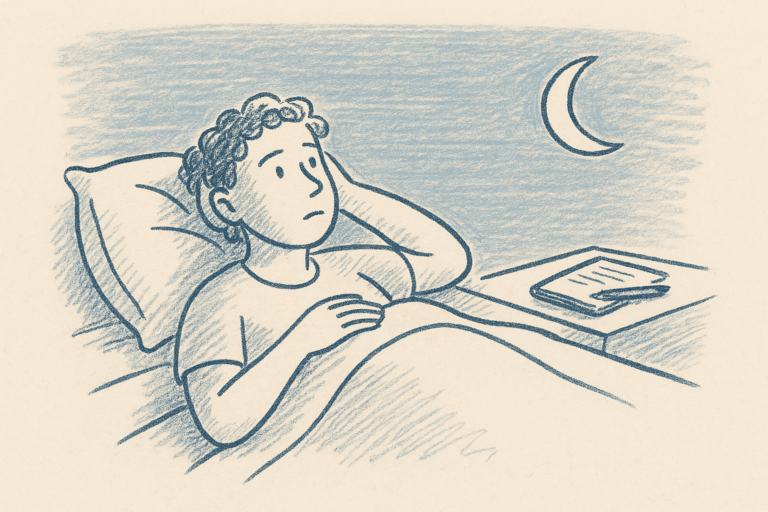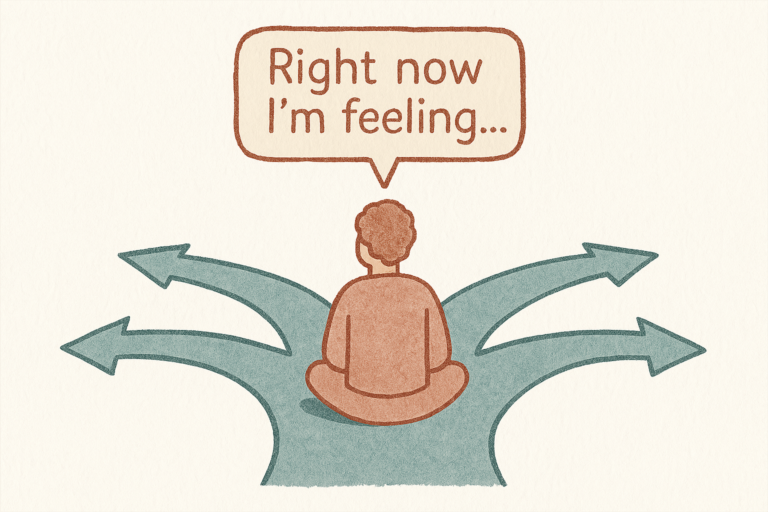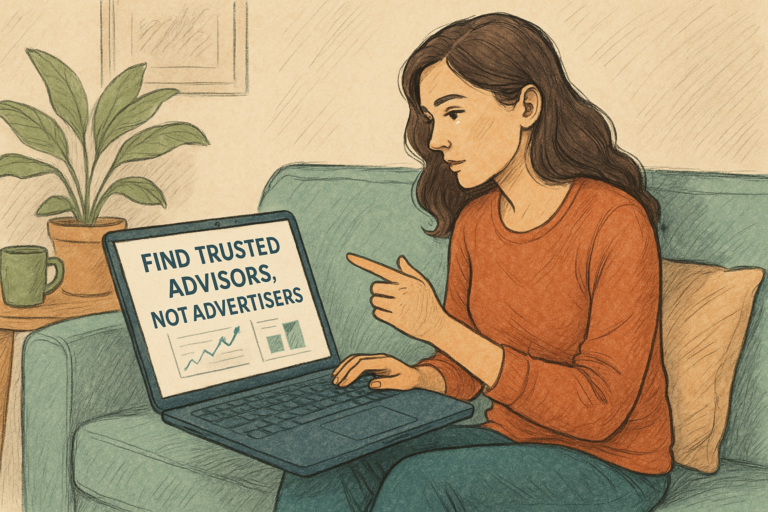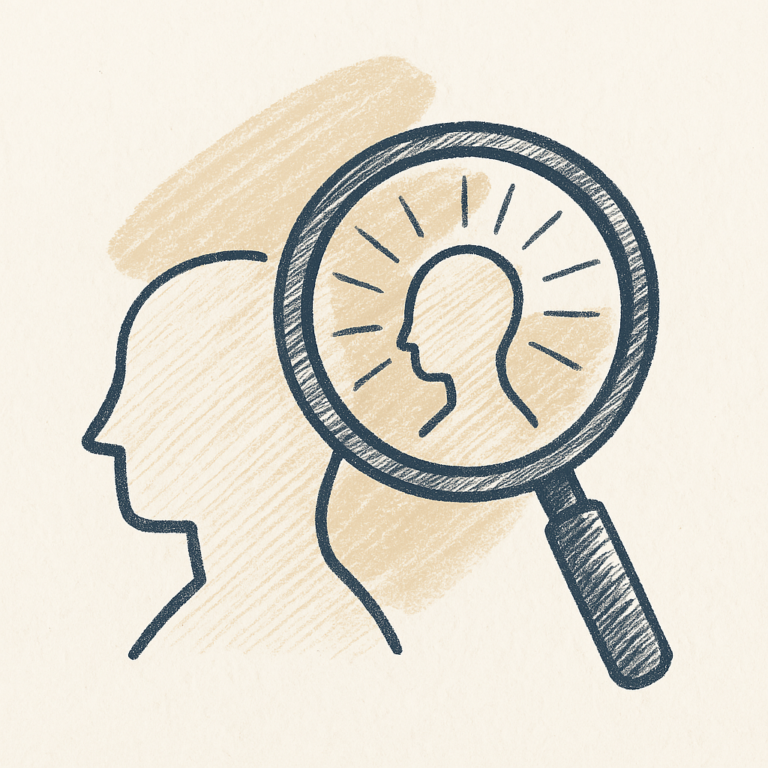Mind Traps
Let’s break down a few common ones:
Why Your Thoughts Might Be Lying to You (And What to Do About It)
Not all stress comes from what’s happening around you. Some of it comes from what’s happening inside your head. When you’re under pressure, your brain can slip into distorted patterns—what psychologists call cognitive traps or thinking errors.
I call them mind traps, and they’re surprisingly common. You’re not broken for having them. You’re just human.
But they can also keep you stuck.
Your Brain’s Shortcuts Aren’t Always Helpful
Mind traps are sneaky patterns of distorted thinking that often take root in childhood and are shaped by our environment, experiences, and even biology.
Under stress, your cognitive processing narrows. Your brain goes into survival mode, trying to make fast sense of uncertainty—but this often leads to inaccurate or unhelpful conclusions. These patterns were designed to help us react quickly to danger. While these cognitive distortions might have started as ways to make sense of the world, they can hijack our well-being as adults, contributing to anxiety, depression, or unhealthy coping habits. They limit our choices, cloud our thinking, and interfere with decision-making.
Let’s break down a few common ones:
- Mind Reading – Assuming you know what someone else is thinking (usually something negative) without any real evidence.
“She didn’t respond to my email—she must be mad at me.”
Instead of asking, we imagine. And we spiral. - Me or Them Thinking – You blame yourself for everything that goes wrong (“It’s all my fault”) or you blame everyone else (“They’re the problem”).
Either way, you lose perspective. Both patterns keep you from seeing the full picture—and moving forward. - Helplessness – Believing there’s nothing you can do and that your situation will never improve. This often leads to passivity, low energy, and disengagement.
- Catastrophizing – Jumping to the worst-case scenario instantly.
“If I miss this deadline, I’ll lose my job. Then I’ll lose my home.”
This can feel convincing—even when it’s completely irrational.
Not every thought is true. Mind traps like catastrophizing & mind-reading shrink your world. Name them, challenge them, shift them.
Tweet
What’s your resilience level? Take the quiz at opalcoaching.com
#Resilience #MindsetMatters
Why it matters:
These mind traps shape how you feel and influence what you do. Left unchecked, they limit your resilience by narrowing your perspective and choices. The good news? Once you spot the trap, you can challenge it—and shift your perspective.
Below, you will find something to do, read, and watch. I have included one thing to reflect on, a nudge to prompt a resilience practice, and a short thought to reset your resilience. I follow with other sources to continue building your resilience toolkit.
To Do
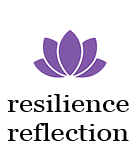
Reflect: What thought patterns show up when you’re stressed? Are they really true?

Nudge: The goal isn’t to eliminate all stress thoughts. It’s to unhook from the ones that aren’t helping.
- Catch one stressful thought and ask: What is real and true right now?
- Try a “Worst, Best, Most Likely” exercise. When you feel your thoughts spiraling—especially if you’re stuck in catastrophizing—pause and name three possible outcomes:
- Worst Case: What’s the absolute worst thing that could happen? (Let your brain go there briefly.)
- Best Case: What’s the best possible outcome, even if it feels unlikely?
- Most Likely: Based on what you know right now, what is the most realistic outcome
Writing down all three helps you interrupt racing thoughts, see the full range of possibilities, and anchor yourself in a more balanced view. Once you’ve named the most likely outcome, focus your attention and energy there.
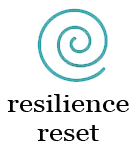
Reset: Not everything you think under pressure is the truth.
To Read
“Feeling Good: The New Mood Therapy” by Dr. David D. Burns
A classic in cognitive behavioral therapy, this book helps you recognize distorted thinking and offers practical tools to reshape it.
To Watch
“Change Your Thoughts, Change Your Life” – TEDx Talk by Dr. Alia Crum
This short talk connects mindset with resilience, health, and performance, offering real-world insight into how beliefs shape outcomes.
Next
In our next article, we’ll explore a skill that unlocks change: self-awareness. It’s not just nice to have—it’s foundational to every other resilience practice.
